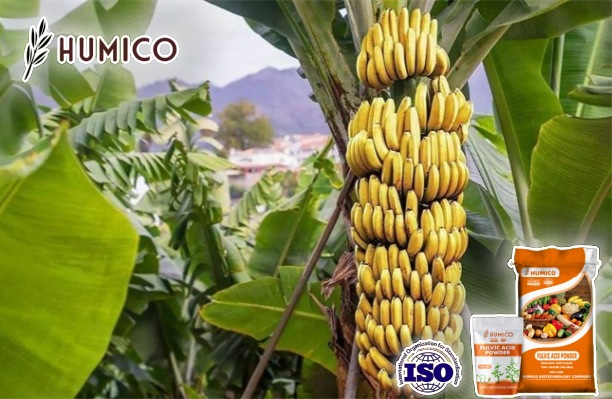Introduction
In the dynamic realm of agriculture, the quest for sustainable and effective solutions is perpetual. Organic fertilizers, with their myriad benefits, have emerged as a beacon of hope in this quest. Among these, fulvic acid stands out, promising not just enhanced crop yield but a revolution in how we approach farming. As we delve deeper into the world of fulvic acid, we’ll uncover its profound effects on crops and the agricultural landscape at large.
Understanding Fulvic Acid
Fulvic acid Powder, a golden-yellow substance, is a member of the humic substance family. Derived from the natural decomposition of organic matter, it’s a powerhouse of nutrients and benefits. Its significance in organic farming is unparalleled, especially when considering the high-quality products offered by manufacturers like HUMICO.

How does fulvic acid affect plant growth?
Root Development: One of the standout benefits of fulvic acid is its ability to promote a robust root system. A strong root network ensures that plants can access essential nutrients and water, setting the stage for healthy growth.
Stress Tolerance: In an ever-changing environment, plants are often subjected to various stresses, from scorching heat to chilling frosts. Fulvic acid acts as a shield, enhancing plants’ resilience against these environmental challenges. The result? Plants that not only survive but thrive.
Photosynthesis Boost: At the heart of a plant’s energy system is photosynthesis. Fulvic acid plays a pivotal role in enhancing chlorophyll production, leading to improved photosynthesis. With more energy at their disposal, plants can grow faster and healthier.
What does fulvic acid do for plants?
Nutrient Uptake: Thanks to its unique chelating properties, fulvic acid facilitates the absorption of vital minerals and nutrients. This ensures that plants receive a balanced and rich diet, essential for their growth and development.
Cellular Activation: On a microscopic level, fulvic acid works wonders. It stimulates cellular processes, ensuring that each cell functions at its optimal capacity. This cellular activation translates to faster growth and development on a macroscopic level.
Disease and Pest Resistance: In the battle against diseases and pests, fulvic acid is a plant’s best ally. It bolsters the plant’s natural defenses, reducing the incidence of diseases and pest attacks.
Conclusion
Fulvic acid, with its myriad benefits, is set to redefine the boundaries of organic farming. Its impact on crop yield, plant health, and soil vitality is profound. As we move towards a future where sustainable farming is the norm, fulvic acid will undoubtedly play a pivotal role. For those in the agricultural sector, embracing fulvic acid is not just a choice; it’s the way forward.



